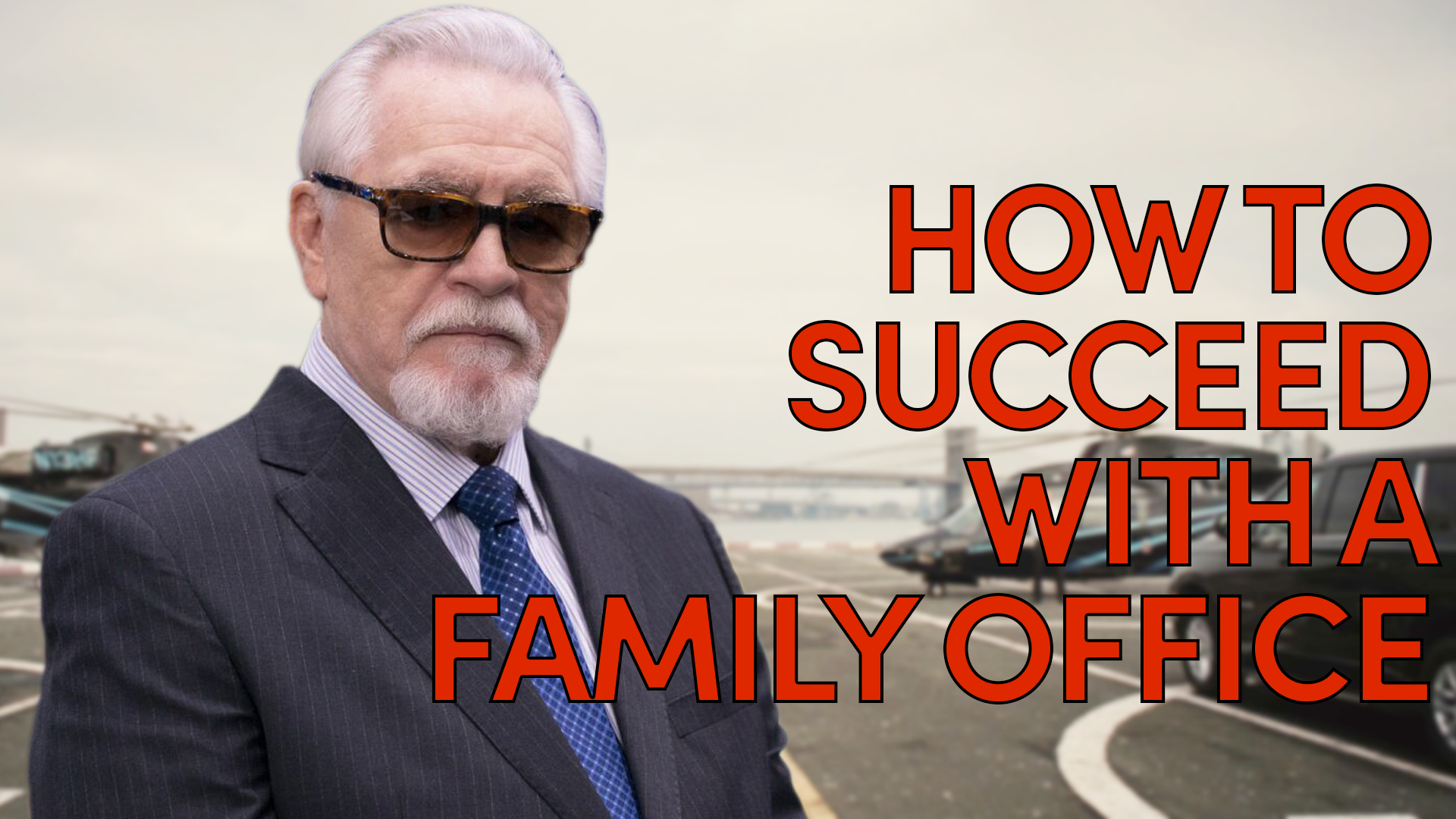HBO’s Succession tells the story of the billionaire Roy family, and their reign over the fictional conglomerate, Waystar Royco. As the name suggests, the show portrays the struggles of managing a wealthy family’s power dynamic, both within the company and the family unit itself.
While the character’s arrested development is entertaining, a lot of the family’s interpersonal conflicts could, in real life, be mitigated or altogether avoided with the employ of a family office. Family offices are private wealth advisory firms that focus on management, growth, and intergenerational transfer of wealth.
Typically, assets well into the nine figures are required to justify the costs, but with that comes on-demand bespoke solutions for whatever a family’s priorities are. Services can include anything from financial planning and investment management to estate planning, family governance, philanthropy, lifestyle management, and more.
While managing a family’s finances would be reasonably expected, other services like conflict resolution are a key component of what sets a family office apart from more traditional, run-of-the-mill investment advisors.
Familial relationships can be volatile and emotionally charged, and the consequences of being reactionary are magnified when there are considerable fortunes at stake. A family office, however, can act as an independent authority, and provide the family governance required to resolve disputes.
Logan has a large ego, and without the structural support and clear directives a family office provides, the Roy family’s future is in a constant state of flux. Families that remain in control of the enterprise that created their wealth might have advisors within the company itself that can ostensibly perform similar services as family offices.
However, their proximity to both the company and family means they face a substantial conflict of interest, which does not exist in the same way for family offices. Part of what helps realize the three generational curse, the axiom that suggests a family’s wealth is lost after the third generation inherits it, is the unwillingness or inability to educate descendants on either managing the business or its resultant wealth. But a family office can help to appease those challenges, along with establishing a framework for conflict resolution and familial governance.
In the end, Succession serves as an excellent example for why you should employ a family office.






